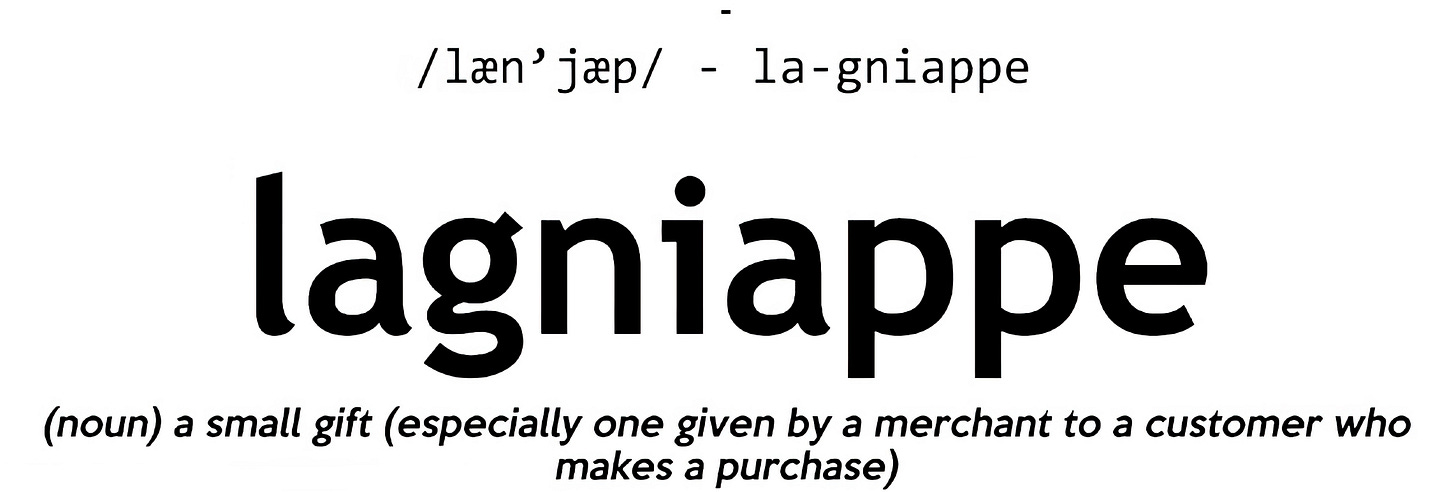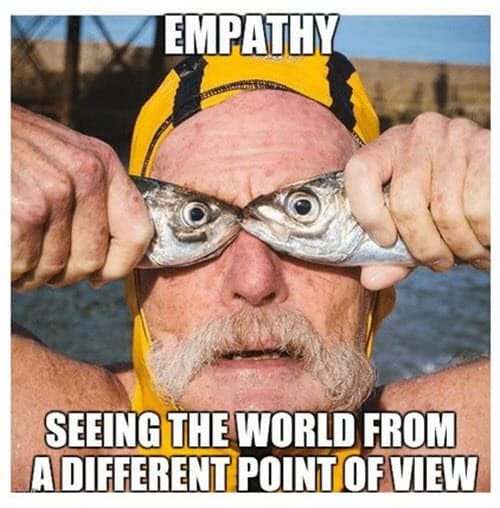The Empathy Litmus Test: The Overlooked Interview Tactic That Predicts Trust & Team Success
Why traditional hiring questions fail... and how to uncover a candidate’s TRUE capacity for empathy before they join your team.
The Single Most Important Interview Technique That Nearly Everyone Leaves Out
We’ve all made hiring mistakes. The brilliant strategist who alienates the team. The charismatic salesperson who burns bridges. The technically flawless candidate who leaves a trail of resentment in their wake.
What separates these toxic hires from true high-performers? Empathy.
And yet, most interviews fail to test for it.
The High Cost of Low Empathy
Imagine hiring a star performer who hits every target—but destroys morale, trust, and collaboration along the way. Their short-term wins mask long-term damage:
The Charming Narcissist excels in interviews because they’re practiced at telling you what you want to hear.
The Oblivious Achiever delivers results but can’t comprehend why their team resents them.
The Manipulative Climber views colleagues as stepping stones, not collaborators.
These hires don’t just under-perform—they corrode culture.
The Flaw in Traditional Interviewing
Most interview questions are egocentric:
“What’s your greatest strength?”
“Tell me about a challenge you overcame.”
“Where do you see yourself in five years?”
These questions reward self-promotion, not self-awareness. A skilled narcissist will ace them.
The Empathy Interview Hack
The solution? Force candidates to step outside themselves.
Instead of asking how they perceive their actions, ask:
“What would your last team say was your greatest weakness?”
“How would a frustrated client describe your communication style?”
“If I asked your former manager about a time you mishandled feedback, what would they say?”
Watch their reaction.
Empathic candidates engage deeply, considering others’ perspectives.
Low-empathy candidates grow defensive, dismissive, or frustrated.
Why This Works
Empathy isn’t about being “nice”—it’s about accurately assessing impact.
Leaders with empathy:
Build trust because they understand how decisions affect people.
Communicate honestly because they value others’ perspectives.
Resolve conflicts because they see beyond their own ego.
The Twin Doors Test (Applied to Hiring)
Remember the classic logic puzzle? Two doors, two twins—one always lies, one always tells the truth. How do you pick the right door?
The answer: Ask what the other would say, then choose the opposite.
The same principle applies in hiring. Don’t just listen to what the candidate says—ask how others would describe them. The truth lies in the gap.
Actionable Steps for Your Next Interview
Replace self-focused questions with third-person framing.
Observe discomfort—low empathy shows in agitation or deflection.
Use the Berkeley Empathy Quiz for additional insight.
Simulate team dynamics—ask how they’d handle a colleague’s mistake.
The Bottom Line
Skills can be taught. Experience can be gained. But empathy is the bedrock of trust, collaboration, and leadership. If you’re not testing for it, you’re gambling with your team’s future.
Final Thought:
Empathy isn’t just a soft skill—it’s the ultimate predictor of sustainable success. Test for it early, or pay the price later.
Here are ten links to news stories or articles that support the above advice:
The Empathy Paradox: In a World of Perfect Matches, Why is Everyone So Miserable? | ERE
Want to Be a Better Leader at Work? Be a More Empathetic One - Newsweek
Should AI Replace Empathy? The Limits of Technology in Hiring - All Things Talent
Workers say they want an empathetic employer — and they'd take a pay cut to land one
A Prevailing Problem – Lack Of Empathy In The Hiring Process - Brainz Magazine
Listen Up or Step Down: Why Empathy Is Returning to the Top - Korn Ferry
Empathy Matters To Candidates—Here's How Recruiters Can Be More Empathetic - Forbes
The power of empathy in times of crisis and beyond (2nd edition) - Catalyst.org
Hire with Heart: Bring Empathy to Your Hiring Process - Jobma
Harnessing Empathy: Understanding Candidates' Needs - Top Echelon






SO TRUE. Seen it, failed to acknowledge this before and to ask the right questions in the interview and the so and so, nearly caused a mass walk out once (only 15 people). Arrogant, obnoxious little tw@t .. but in a clever way, that fooled us for months.